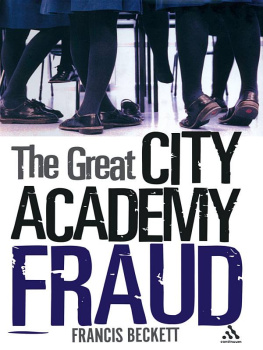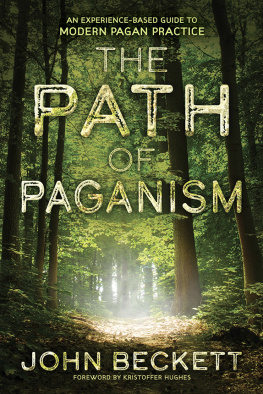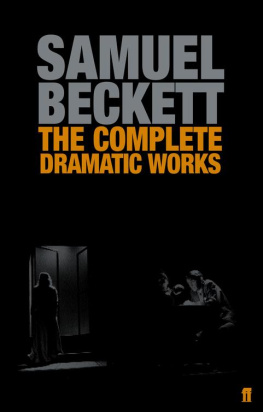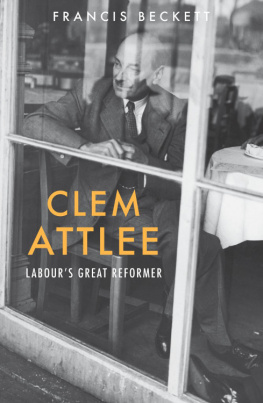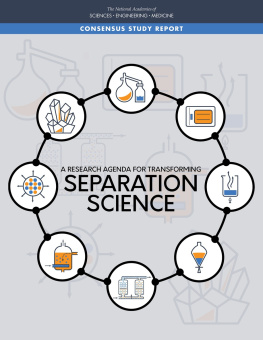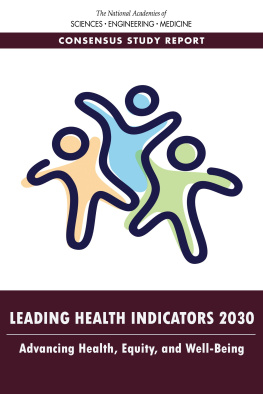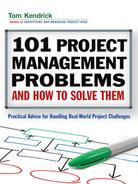The Great City Academy Fraud
Also available from Continuum
Reclaiming Education, James Tooley
Killing Thinking, Mary Evans
The Great
City Academy Fraud

FRANCIS BECKETT

Continuum International Publishing Group
The Tower Building, 11 York Road, London SE1 7NX
80 Maiden Lane, Suite 704, New York NY 10038
www.continuumbooks.com
Francis Beckett: 2007
All rights reserved. No part of this publication may be reproduced
or transmitted in any form or by any means, electronic or
mechanical, including photocopying, recording, or any information storage
or retrieval system, without prior permission in writing from the publishers.
Francis Beckett has asserted his right under the Copyright, Designs and
Patents Act, 1988, to be identified as the author of this work.
First published 2007
British Library Cataloguing-in-Publication Data
A catalogue record for this book is available from the British Library.
ISBN: 9780826495136
Acknowledgements
My first debt is to the National Union of Teachers and its General Secretary Steve Sinnott, without whose support, both financial and in terms of information, this book might not have been written.
John Bangs, head of its privatization unit, together with his colleagues Janet Theakston and Lucy Cavendish, have been key sources of information for me over several years. They have helped and advised me, and allowed me to make free with their copious research files.
None of this means that my conclusions are necessarily those of the NUT. The union has been punctilious in insisting that this is my book, and did not want to comment on its judgements, or try to influence them.
Local NUT representatives have given me a great deal of help, and I especially want to thank Ken Muller in Islington, Nick Grant in west London, Hank Roberts in Brent, and Ray Sirotkin in Lambeth.
Several fellow journalists have given generously of their information, time and contacts, in particular freelancers Fiona Millar, Mark Smulian and Wendy Wallace, and Linda Piper of the Bromley News Shopper.
I am grateful to several teachers who have talked to me, and two in particular: Gordon Potter, formerly deputy head teacher at Coulby Newham School, Middlesbrough, and Dr Gill Read, former senior teacher at Willesden High School. Without them I would not have understood the full dishonesty of Government claims that academies were replacing failing schools.
As always, Margaret Tulloch, secretary of Comprehensive Futures, has been a source of information, ideas and wisdom.
I want to thank two of the many editors I have written for over the years. Throughout the seven years Peter Wilby was editor of the New Statesman, I wrote regularly for him about education. With his trust and encouragement I produced the education journalism Im most proud of, including a series of pieces on city academies. And many years ago, in the early 1990s, Stephen Bates, then the Guardians education editor, asked me to write an obsequy over the grave of the Conservatives city technology colleges. Without these two editors I might never have realized what dreadful scams these schemes are.
I also want to thank, for help, advice and contacts, Peter Lampl of the Sutton Trust, Paul Mackney of the University and College Union, and Christine Lewis of Unison. Ive also benefited greatly from the help and enthusiasm of my editor at Continuum, Alexandra Webster.
Some academy sponsors and heads have given me interviews, knowing that I counted as a sceptic at best, and I want to record my thanks to them. I hope they feel that, while I have not always accepted the views they offered, I have presented them fairly. I particularly want to thank Lynn Gadd, principal of the Harefield Academy; Steve Chalke, chief executive of the Oasis Trust; Alastair Falk, former head of West London Academy and now chief executive of the Academy for Enterprise; and Lesley King, director of Academies Networks at the Specialist Schools and Academies Trust. Nigel McQuoid of the Emmanuel Schools Trust, as recorded in Chapter 5, has talked to me in the past, but this time agreed only to a useful off-the-record chat. A couple of others talked to me on condition their names were not mentioned, and my sincere thanks go to them too.
No thanks at all to the politician at the centre of it all, Lord Adonis, who could not find time to talk to me, or even to answer a few emailed questions. It is more comfortable for a politician to talk only to those who agree with them, but someone should tell Lord Adonis that dissent is a key part of democracy. He might understand it himself if he had had to stand in an election, rather than owing his position entirely to Prime Ministerial patronage.
Introduction
If ever there was a Government policy characterized by political spin rather than substantiated evidence, it is the academies programme. The National Union of Teachers campaigning document against academies has as its sub-title, Looking Beyond the Spin, to illustrate the need for an honest appraisal of this expensive and high-profile policy which impacts not just on the education of pupils in academies themselves, but on other neighbouring schools, and indeed on the whole publicly funded education system.
A good local school for every child is an aim shared by the majority of parents, governors, teachers and other education professionals. The independent status of academies, which receive large amounts of capital funding and are governed and influenced by sponsors accountable to no one, is incompatible with this aim.
Ensuring that youngsters from the toughest backgrounds get a great start in life through educational opportunities has been at the heart of the National Union of Teachers policies since it was founded. The issue is still with us. The academy initiative, however, is at best an expensive distraction from what has to be a priority for all those committed to ensuring that our education service meets the needs of all children.
Academies are an example of the marketization of education which has been embraced and promoted enthusiastically by this Government. Yet, when unpacked, the factors for success which the Governments evaluators of academies identify are no different from those characteristic of other successful schools: schools which are in receipt of markedly less capital funding and none of the hype of sponsor involvement.
The trade-off for this initiative comes at a high cost, however: over-expensive and often inappropriate buildings; high staff turnover; unrealistic expectations and a damaging effect on pupil admissions in surrounding schools. And, despite this, there are a number of academies which are facing difficulties. That some schools are in this situation is not a cause for celebration but a trigger for reflection by education policy-makers, the Government and all with a keen interest in our schools, on whether academy status is the best way of helping schools in the toughest and most socially deprived communities.
I am delighted to be able to commend Francis Becketts book, The Great City Academy Fraud, to readers, while not agreeing with all his analysis, as a much-needed contribution to the debate on academies. Francis has turned a penetrating spotlight on various aspects of the academies programme. He looks at the origins of the initiative, the politics of its implementation, the rather murky world of the links between sponsors and political honours, and the disturbing evidence of the religious agendas of some of the academies sponsors. This courageous publication provides an examination of the sub-text to the academies story, revealing the level of threat, promise and double-dealing which has gone on to enable the academies programme to get off the ground.
Next page
